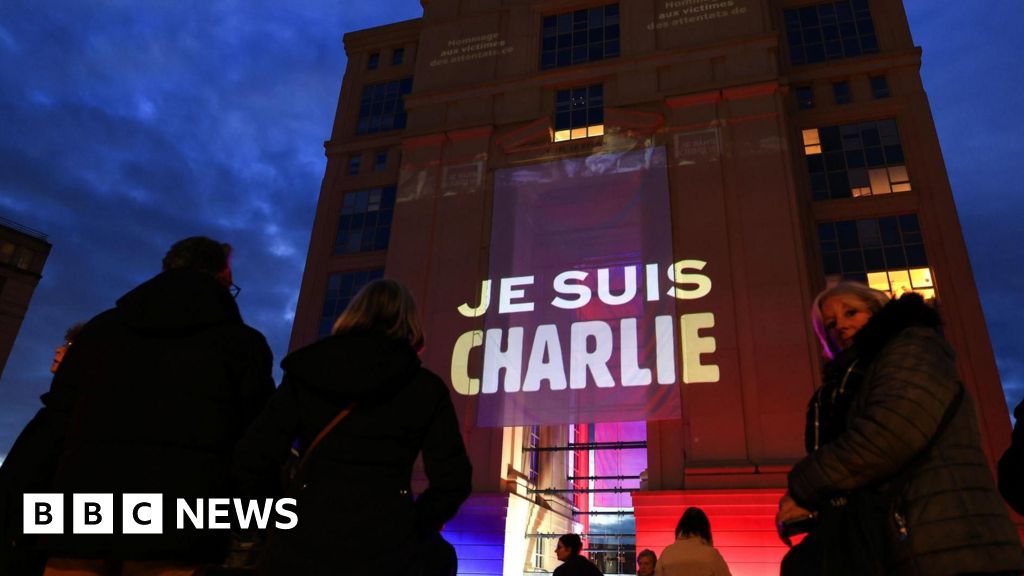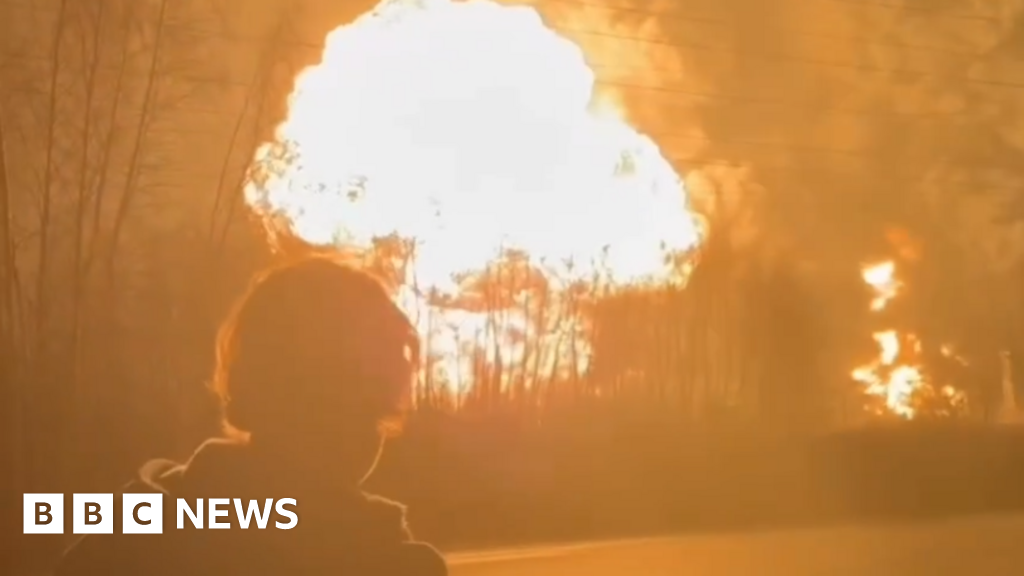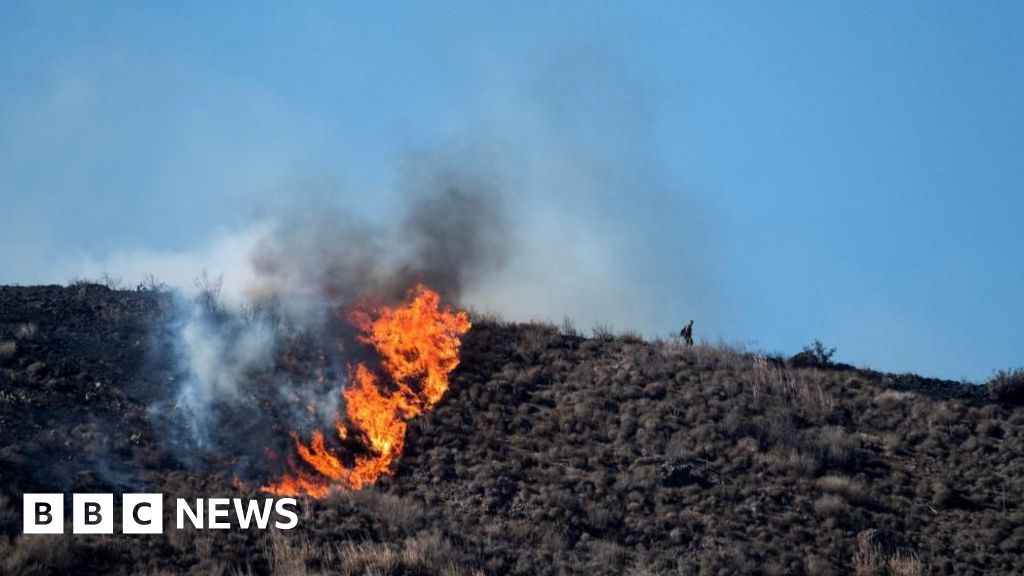ARTICLE AD BOX
 Image source, Getty Images
Image source, Getty Images
The Kentucky statehouse in Frankfort was one of the buildings targeted by swatters
State capitol buildings in at least six states were evacuated on Wednesday after being targeted by bomb threats.
A Kentucky secretary of state spokeswoman said the threat came in "a mass email sent to several" state offices across the US.
BBC has reviewed the email, which targeted at least 24 statehouses and appears to have caused many to close at the start of new legislative sessions.
No bombs have been discovered, and the FBI is investigating.
The threatening email claims that "multiple explosives" had been "well hidden" inside the statehouses. It says the bombs would detonate "in a few hours". The sender promises that many will be killed.
The FBI said that it was investigating the bomb threats, but it had "no information to indicate a specific and credible threat".
"The FBI takes hoax threats very seriously because it puts innocent people at risk," the law enforcement agency said.
The threat was delivered at the start or just ahead of new legislative sessions, which brought many state lawmakers back to their statehouse offices.
Kentucky Governor Andy Beshear posted on X, formerly Twitter, that Kentucky State Police had evacuated the state capitol after the threat was sent to the secretary of state's office.
He added that everyone was safe, and that his office is "aware of similar threats made to other offices across the country".
Police cleared the building in less than three hours before declaring that it was safe for personnel to return. Kentucky lawmakers just started their 60-day legislative session on Tuesday.
Gabriel Sterling, a spokesman for Georgia's secretary of state, wrote on X was aware of the threats made to statehouses across the US.
"Do not jump to conclusions as to who is responsible," he said.
"There will be chaos agents sowing discord for 2024. They want to increase tensions. Don't let them," Mr Sterling added.
Other states - including Wyoming, Oklahoma, Nebraska, Missouri and Maryland - also received threats on Wednesday but did not close, according to the Associated Press.
These are not the only threats the US public has contended with recently, however.
Over the holidays, multiple officials were targeted by so-called "swatting" calls at their homes. The prank calls to emergency services allege crises, such as an active shooter or hostage situation, to force a Swat team to be deployed.
Members of Congress faced swatting calls just before Christmas. Billionaire George Soros and Texas Attorney General Ken Paxton were targeted in recent days. Maine's secretary of state, Shenna Bellows, dealt with a swatting incident one day after she ruled that Donald Trump is ineligible to appear on the state's election ballot.
Multiple states recently increased penalties for creating this kind of disruption, and lawmakers in other states are considering legislation that would do the same.

 1 year ago
22
1 year ago
22








 English (US) ·
English (US) ·